Archive for November 4th, 2016
Archive for November 4th, 2016
 26
26Oct
How a Meditation Practice Can Help Kids Become Less Anxious
The Power of Mindfulness By now there’s a good chance you’ve heard the term “mindfulness.” It seems to be everywhere—touted as the new yoga, the answer to stress, the alternative to Xanax. But beyond the buzz, what is it? Jon Kabat-Zinn, the scientist and widely recognized father of contemporary, medically based mindfulness—over 30 years ago […]
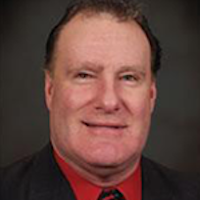 26
26Oct
Not Quite Burnt But Crispy Around the Edges
Mindfulness & how it affects us and what we can do about it was the topic given by (“Dr. Bill”) at PSI’s Fall 2016 Conference at the Crowne Plaza in Independence, Ohio. Without doubt, it seems the five-letter word everyone dreads most every day is stress. Using slides, video, numerous skits and literally working […]
 05
05Oct
VirtualPSI
VirtualPSI launched on October 1, 2016! Yes it’s a Saturday but in the virtual world, learning doesn’t take a day off!
Our platform is interactive, it is clear, it is precise and it is user-friendly! Schools are turning their textbooks into chromebooks and turning their therapy to virtual!
 02
02Aug
Webinar: Managing Concussions in Schools
Did you miss our informative webinar on Managing Concussions in School? It’s not to late to watch, the webinar was recorded and is available on our site under the Webinars tab.
 13
13Jul
In the Wake of the Most Recent National Violence
NASP, the National Association of School Psychologists, has released the following statement regarding the violence this past week. These are trying times for everyone, particularly those people living in the communities directly affected by such violence. While my heart is heavy, I am proud to be a school psychologist and serve as your president at time when the […]
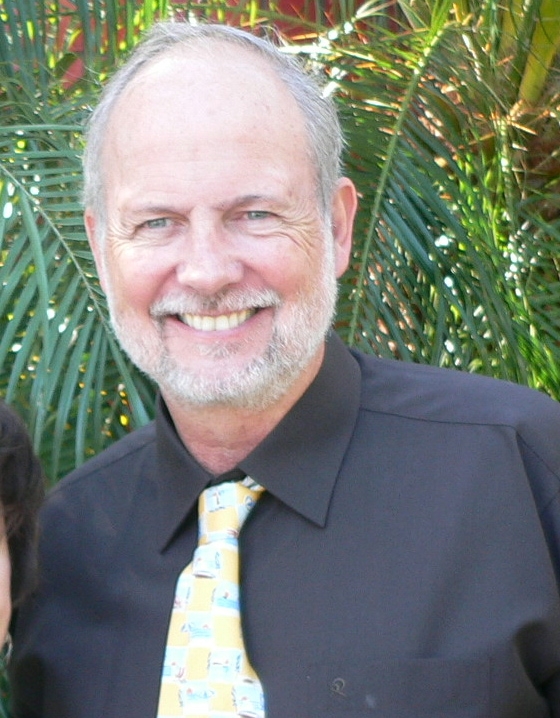 16
16Jun
Dr. Scott Poland gives some practical advice on grief
In the wake of the tragic events that occurred in Orlando, many people are dealing with grief. You do not have to be directly involved with this incident, as seeing it on the news and hearing about it can bring up a person’s own life experiences, and with it, a sense of grief and despair. […]
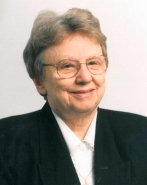 14
14Jun
In Honor of Sister Bernadette…..
We meet only a few very special people in our journey through life. I met such a lady close to 40 years ago when PSI was in its infancy. Sister M. Bernadette Maier, OSU, is perhaps the most remarkable woman I have met in my four decades of work with educators in Ohio. Certainly schools, […]
 04
04Jun
PSI Crisis Management Services
PSI’S School Crisis Management Team (SCM) is available to help schools prevent manage and cope more effectively with the aftermath of school-wide and/or individual student emergencies or natural disasters. Our team has been trained by Dr. Scott Poland, a nationally known school crisis expert, former chairman and leading member of the National Emergency Assistance Team (NEAT).
 13
13May
Mandarin Language News
PSI’s Hui-ying Lee proudly presented her students at the National Chinese Honor Society induction ceremony at Walsh Jesuit High School in April. There were eight inductees this year and they are all Chinese 3 juniors. The National Chinese Honor Society (NCHS) was established in November 1993 to recognize those accomplished high school students who study […]
- 1
- 2
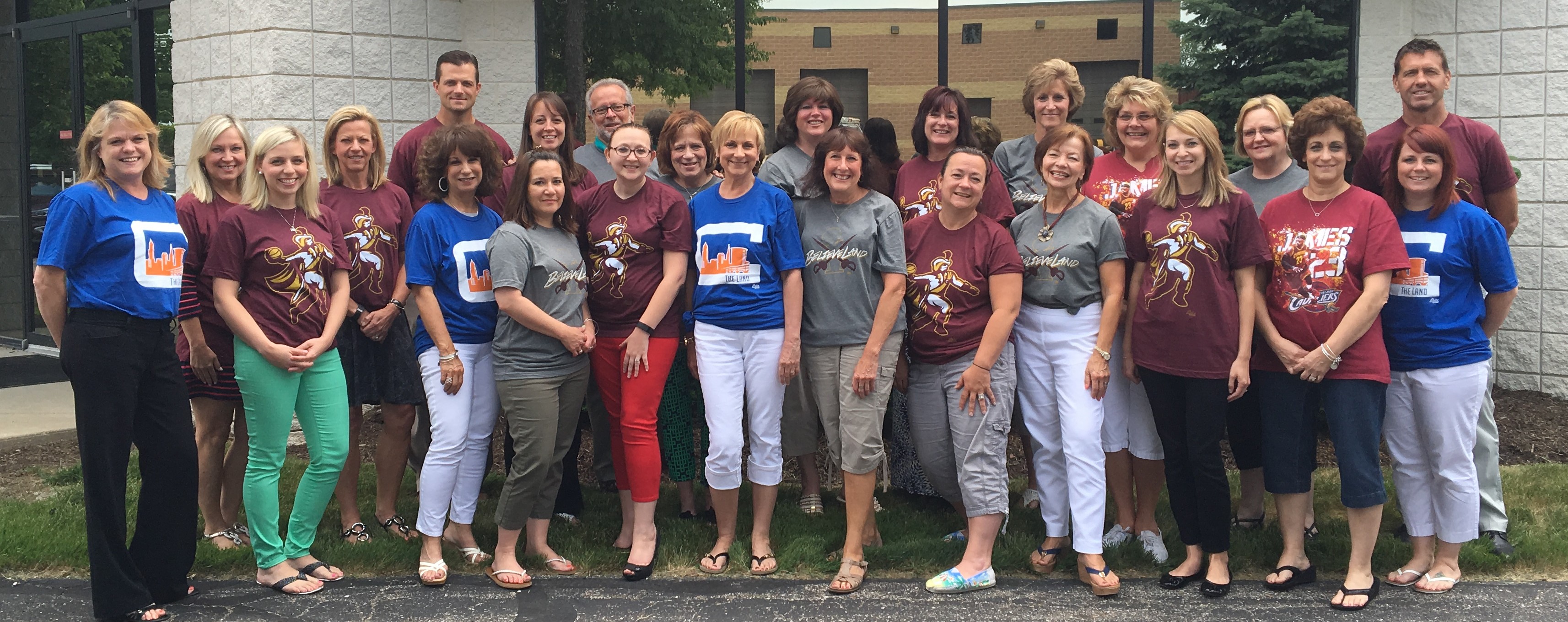
Recent Comments